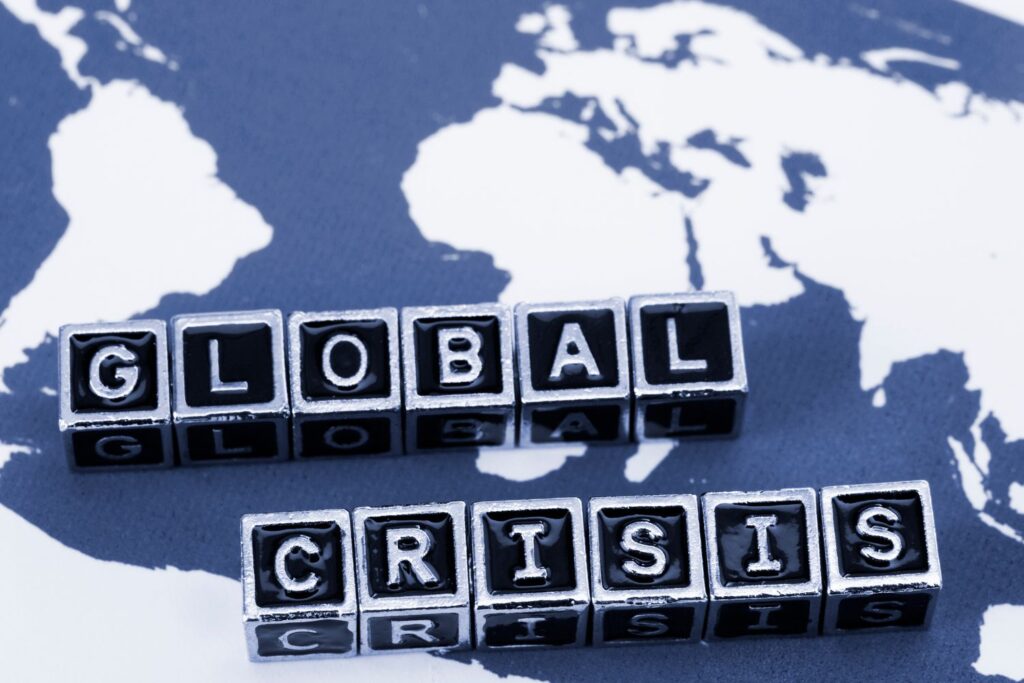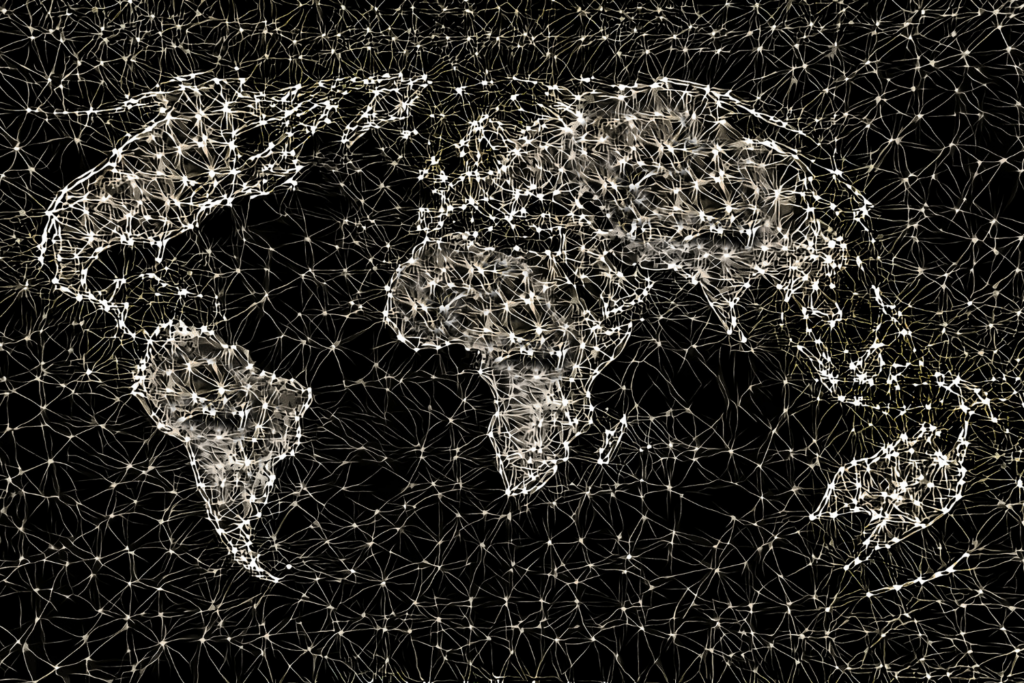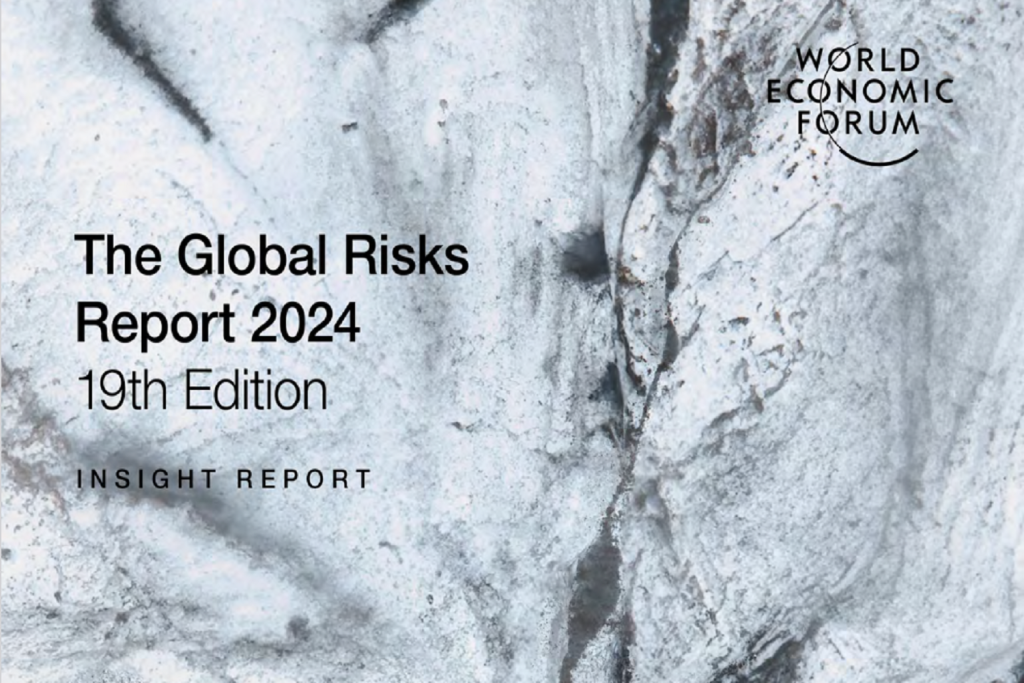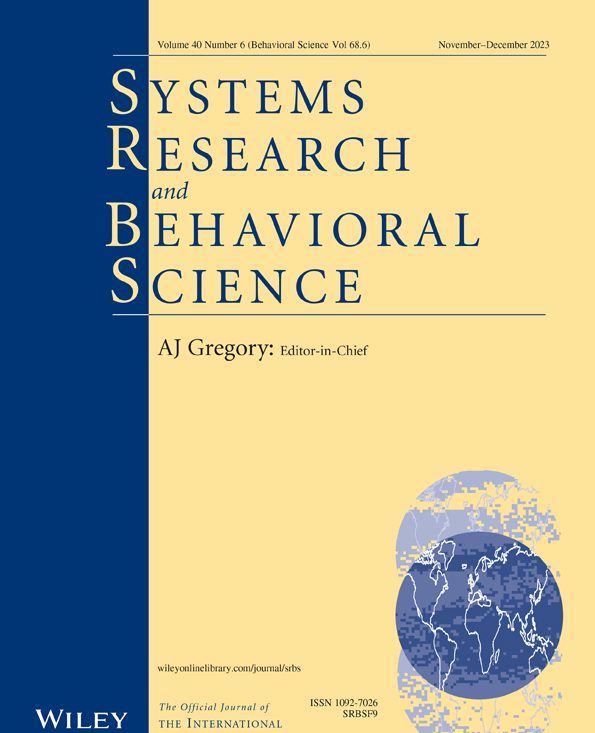Scenarios 2075: The Cascading Risks Study
In the Cascading Risks Study, author Trond Undheim seeks to create five scenarios (Climate cataclysm by 2075; World war by 2075; Growth and collapse by 2075; Runaway AI by 2075; and Synthetic biology released in the wild by 2075 ) with which to spur deeper conversation about the existential risks to humanity and how they […]
Scenarios 2075: The Cascading Risks Study Read More »










